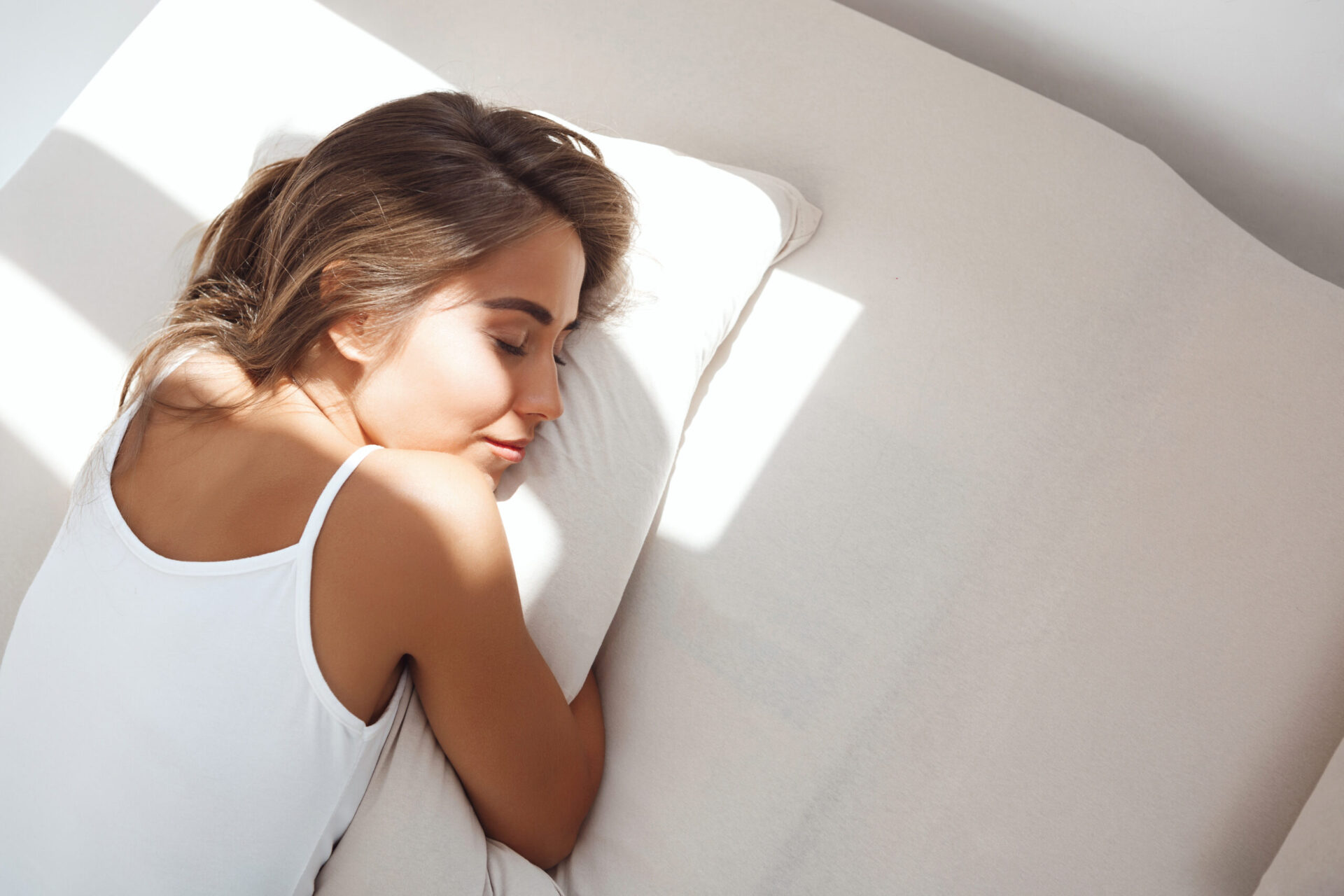Practical recommendations for improving the quality of sleep

In the June blog post, we talked with Kene Vernik, a sleep consultant and psychologist, about sleep and sleep problems. Among other things, we learned what sleep consulting is all about and who needs this service. In this post, Kene Vernik provides more detailed instructions on how to improve the quality of your sleep.
Sleep hygiene is often discussed in relation to sleep quality. What is sleep hygiene?
Sleep hygiene includes all activities that ensure good sleep. When designing sleep hygiene, it is worth thinking about what and how you eat, when you exercise, how much light you get during the day, what you do before going to sleep, etc.
It is said that maintaining a certain daily rhythm is a prerequisite for good sleep. How to ensure a good sleep rhythm?
To find out your sleep rhythm, you need to pay attention to when you fall asleep and when you wake up. Certain times should be adhered to for several weeks in a row. If necessary, the hours can be shifted a little to one side or the other, depending on the degree of fatigue. If you want to sleep longer in the morning, you have to allow yourself more sleep in the morning. If you see that you are very tired in the evening, you should go to bed earlier. This means that maintaining a sleep rhythm that meets your needs is the first step towards good sleep.
What should be the environment that would support a good sleep rhythm?
The environment is very simple: it must have a fairly low temperature, be free of objects, and be dark at night and white during the day. A temperature between 16-18°C (or up to 20°C) is fine because the brain needs coolness to process. However, this coolness is often difficult to achieve in new buildings. The ratio of light and dark is also important. At night it should be so dark that you cannot see objects around you, while during the day the light should be intensely bright – 1000-1500 lux. Two hours before going to bed, the intensity of the light should be reduced, but you should definitely not turn off the light between 6 and 7 pm and watch TV in the dark. Two hours is the optimal time.
Should you make any changes in your home environment in the summer, when it stays light for longer?
In the summertime, people do not have much trouble falling asleep. Rather, one tends to wake up too early because of the light. You can make the room completely dark while sleeping. At the same time, the shortening of sleep does not mean that sleep is of lower quality. On the contrary, since the body has received a lot of light during the day, sleep is deeper and therefore of better quality. During the winter, sleep gets longer, but in reality, there is not so much deep sleep. Rather, we tend to lie in bed just because and this worsens the quality of sleep.
Does reading a book before falling asleep count as dozing off?
If there are no problems with sleep, then it is not a sin to read a book in bed, but in case of sleep problems, reading a book should be done earlier and out of bed. Otherwise, the association will arise that reading a book makes you sleepy, and you won’t be able to fall asleep without a book.
It should also be taken into account that if you read something intensively, it stimulates the brain.
Similarly, looking at different screens stimulates the brain. Is the recommendation to avoid screens before bed still valid?
It would be ideal if at least an hour before going to bed you could get away from the screen and be without the noise of additional information. The evening should be for positive activities such as board games, meditation. Listening to music is also good, and don’t forget that there are radios and vinyl players. A 15- to 20-minute walk an hour before going to bed certainly promotes sleep, but not an intense walk.
Does avoiding intense walking also mean that it is not recommended to exercise in the evening? What should be the basis for choosing a training time?
Intense exercise, such as cardio or strength training, where the heart rate generally exceeds one hundred, should definitely be done four hours before going to bed. During training, the number of awake hormones increases: the level of endorphins, as well as cortisol and adrenaline, increases. It takes time for the level to decrease, so you shouldn’t leave the training too late.
Evening exercise is generally very bad for any chronotype. Only if you represent a late chronotype, i.e., you go to sleep at 2-3 am and wake up at 11 am, you can exercise between 5-6 pm. 20-21 would be too late. In the case of middle chronotype, training should be done much earlier. However, if you wake up very early, i.e., at 5 o’clock, you should not even exercise around 5-6 p.m. The rules here are quite strict.
In addition to exercise and other activities, the daily plan also includes nutrition. How does eating late affect sleep quality?
If you eat very late and a lot, it makes it difficult to fall asleep. In case of a large portion, the digestive systems are activated, while it is very energy-consuming for the body to start digesting a large amount of food. In addition, body temperature rises and brain activity becomes more active, although at the same time the internal clock signals that it is time to sleep. But it doesn’t work because the body feels it has to act.
Apart from falling asleep, nutrition also affects the quality of sleep. Based on electroencephalography studies, it can be seen how a person who has eaten a lot in the evening has micro-awakenings (3-5 second awakenings), which worsen the quality of sleep.
Sometimes it happens that even though sleep hygiene measures have been followed, sleep still does not come. What to do in such a situation?
If you have been lying in bed for a long time, unable to fall asleep, you should get out of bed and find some simple activity for yourself. Cleaning is good for this. You must definitely set time limits for yourself, and not wait two hours to feel tired. 10-15 minutes is enough to get rid of the tension and go back to bed.
You can find detailed information about sleep and sleep problems in Kene Vernik’s book “Good sleep guide”.
More information can be found on the website www.kenevernik.ee.












